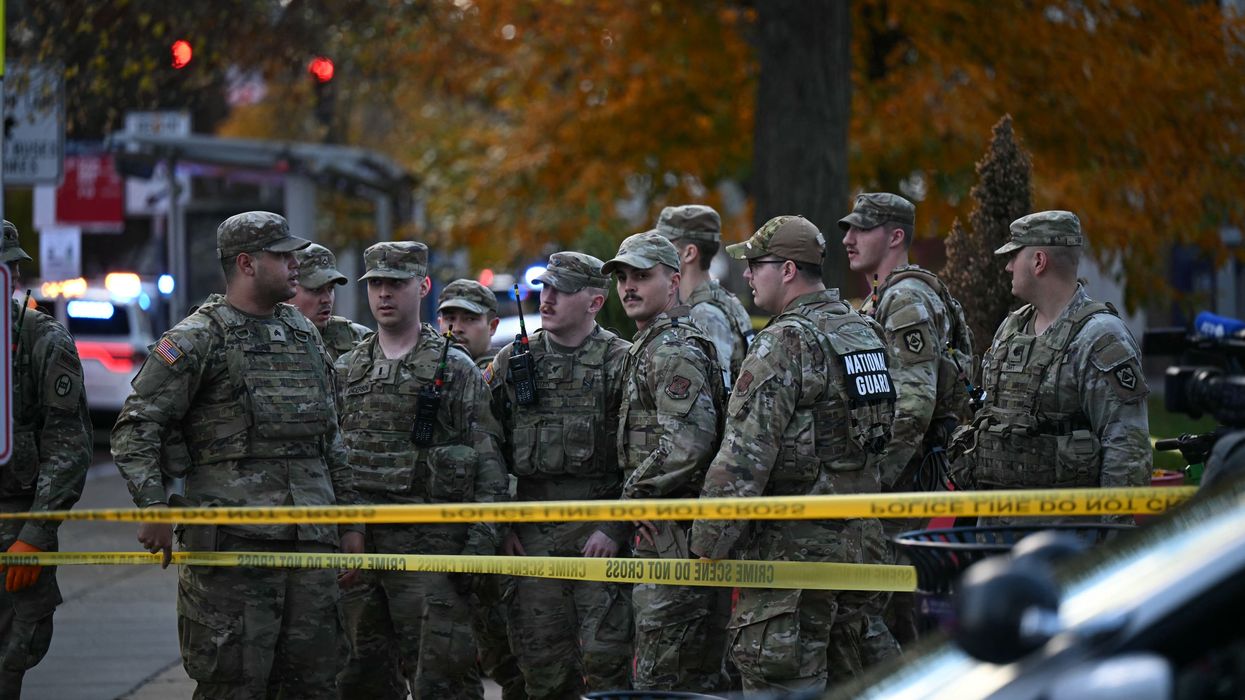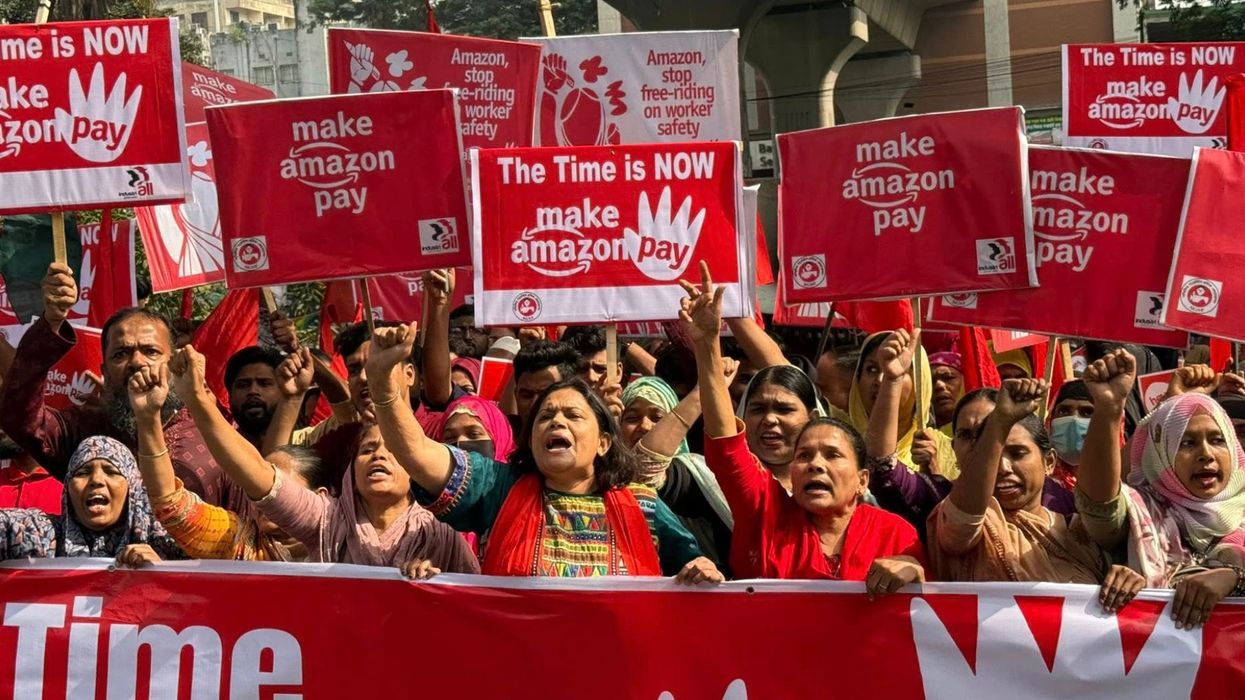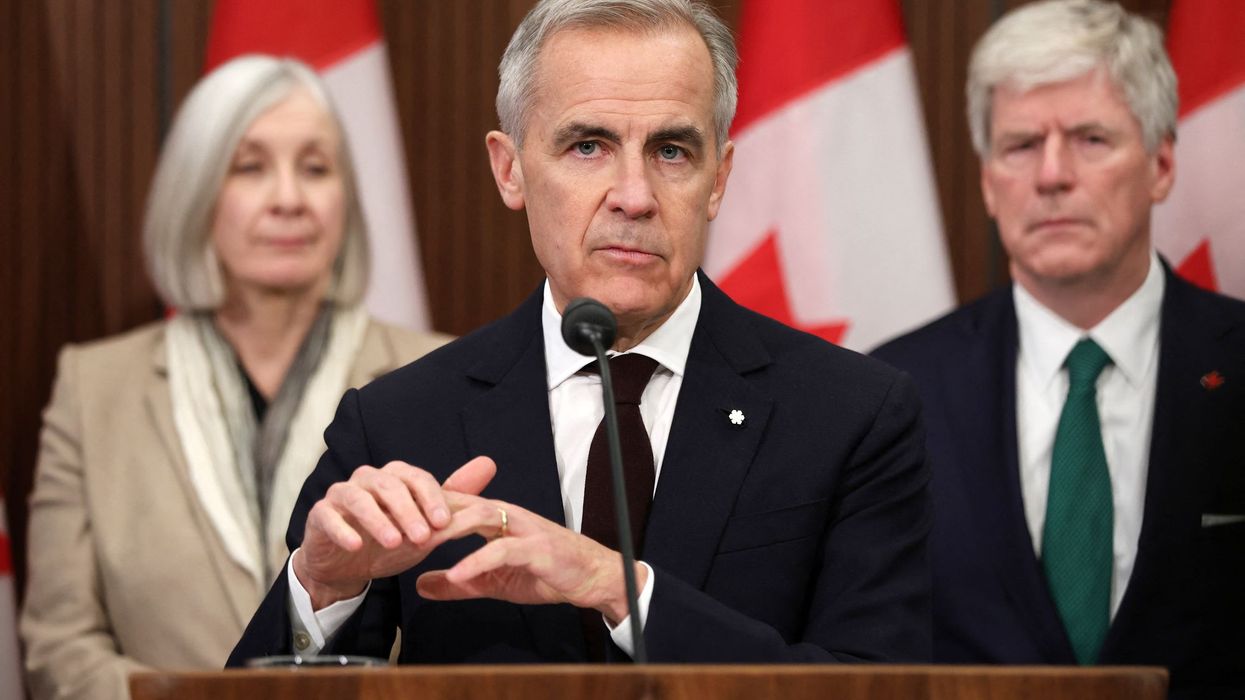The Philippine government's plan to dismantle so-called private armies ahead of the local elections in 2013 should include the state-backed paramilitaries, Human Rights Watch said today.
President Benigno Aquino III should ban all paramilitary forces in the Philippines because of their long and continuing history of serious human rights violations, Human Rights Watch said. Paramilitary members were part of the Ampatuan-family "private army" responsible for the November 2009 massacre of 58 people in Maguindanao on the southern Philippines island of Mindanao. Alleged abuses by paramilitary force members are rarely investigated or prosecuted, creating a climate of impunity that encourages further violations.
"President Aquino's promise to dismantle 'private armies' is a necessary step to end election violence in the Philippines," said Elaine Pearson, deputy Asia director at Human Rights Watch. "But he should go further and disband the state paramilitary forces that are frequently as abusive."
On March 28, 2012, Aquino announced that the Philippine National Police had "neutralized" 28 private armed groups, as of June 2011, arresting 106 suspects. He told journalists that the Philippine National Police have an "extensive list" of these groups, and that 86 such groups remain. Human Rights Watch urged the police to publish the full list of private armies and explain what steps have been taken to address state involvement in these groups.
Elections in the Philippines are often bloody, with the violence mainly carried out by warring political factions with the support of private armies and state-backed paramilitaries.
Philippine law fails to regulate fully and transparently the recruitment, payment, supervision, training, and structure of paramilitary forces, Human Rights Watch said. These include the Civilian Armed Force Geographical Units (CAFGUs), the Special CAFGU Active Auxiliary, Civilian Volunteer Organizations (CVOs), and Police Auxiliary Units.
During the campaign for the presidency in the 2010 elections, Aquino promised to revoke Executive Order 546 - signed by President Gloria Macapagal-Arroyo in 2006 - that was interpreted as legal grounds to arm the Civilian Volunteer Organizations, which were previously only authorized to carry "a baton and a flashlight." The order also authorized police to assist the military in counterinsurgency operations and said that barangay tanods - unarmed, village-based law enforcement officers - could be used as "force multipliers," supposedly under police control. The civilian volunteer units were armed on a selective basis.
"I will revoke EO546," Aquino said during the campaign. "Never again will public funds be used to support and maintain a private security force."
But in a dialogue with journalists in November 2010, Justice Secretary Leila de Lima said that, "The president is not yet prepared to really heed the call for the scrapping of EO 546," and that he was still studying the proposal.
Aquino also backtracked publicly in November 2010, saying that he was not in favor of dismantling the CAFGUs and other military-supervised paramilitary groups, and that getting rid of them "is not the solution." He said that communities, particularly in the countryside, "have a right to protect themselves" against communist insurgents and Islamic separatists. In October 2011 the president announced that paramilitary groups would be used to help protect mining companies from attacks by insurgent groups.
Paramilitary groups often are deployed against the communist New People's Army, which has been waging a Maoist insurgency throughout the Philippines for the past 43 years.
The government claims that paramilitary forces are now better trained and better regulated than in the past. In November 2010, Aquino told reporters that he wanted "accountability from militia leaders and I want assurance that they will be insulated from political forces in their respective areas."
That same month, the Department of National Defense spokesman, Eduardo Batac, said: "Right now, what the [Armed Forces of the Philippines] is doing is we are taking steps so that we professionalize these CAFGU units that are part and partial of the defense structure of our country. We'll see to it that we recruit them properly, we train them properly and see to it that they are supervised and should be beyond the influence of politicians."
But efforts to "professionalize" these groups have lacked transparency, in part because several regulations are treated as internal military documents, Human Rights Watch said. Until these groups are fully dismantled, the public should know what paramilitary forces exist; what weapons they are entitled to carry; and when, where, and how they are recruited and trained.
In its 2010 report, "They Own the People: The Ampatuans, State-Backed Militias, and Killings in the Southern Philippines," Human Rights Watch called on Aquino, among other recommendations, to systematically disarm all paramilitary and militia forces, end all private funding of such groups, and carry out a process in stages to reduce and disband them.
"Dismantling private armies should be more than a PR exercise," Pearson said. "The failure to address paramilitaries as well as private armies puts political opponents and ordinary civilians at continued risk from powerful local politicians."




